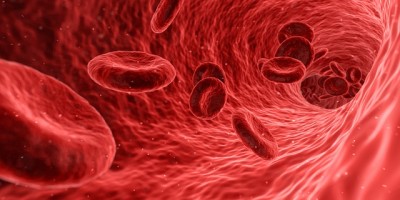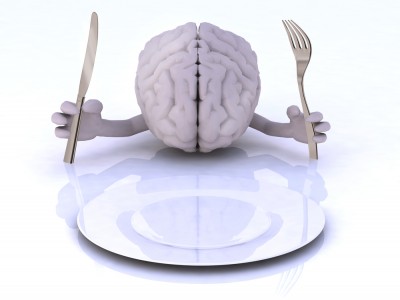Sunday 12 th February 2017
 Síndrome de Raynaud, hormigueo, entumecimiento, calambres, fatiga, falta de concentración, somnolencia, uñas quebradizas, caída del cabello ... estas enfermedades pueden tener diversos orígenes, pero uno de los más importantes es un problema del sistema circulatorio que impide que llegue energía suficiente a las extremidades y al cerebro.
Síndrome de Raynaud, hormigueo, entumecimiento, calambres, fatiga, falta de concentración, somnolencia, uñas quebradizas, caída del cabello ... estas enfermedades pueden tener diversos orígenes, pero uno de los más importantes es un problema del sistema circulatorio que impide que llegue energía suficiente a las extremidades y al cerebro. Después de haber sufrido estas enfermedades durante muchos años, os explico las conclusiones a las que he llegado sobre la influencia de la nutrición y los hábitos de vida como el dormir y el ejercicio.
Sunday 12 th February 2017
 In a previous article I introduced the narrow relationship between body and mind; and I concluded that a physical and/or psychological perturbation may be the origin of any physical and/or psychological disease.
In a previous article I introduced the narrow relationship between body and mind; and I concluded that a physical and/or psychological perturbation may be the origin of any physical and/or psychological disease.In this present article I would like to focus on the influence of physical disorders on psychological diseases, and more specifically, to what extend nutrition can change our mind.
Tuesday 7 th February 2017
 We all long for an optimal brain function, but most people, from children to the eldest, complain about brain weaknesses: lack of memory, poor concentration, learning disorders, poor results at school, low performance at work, absent-mindedness, hyperactivity, …
We all long for an optimal brain function, but most people, from children to the eldest, complain about brain weaknesses: lack of memory, poor concentration, learning disorders, poor results at school, low performance at work, absent-mindedness, hyperactivity, … We can do a very important job using different therapies for the brain function, but it is very hard work to improve these issues when there is a physiological problem, which can come from an incorrect nutrition.
Check in this article if your diet is healthy enough in order to sustain a high brain performance..
Saturday 2 nd July 2016
 “All disease begins in the gut” stated Hippocrates. The main causes of most diseases are the lack of nutrients due to imbalanced nutrition, malabsorption and an imbalanced gut flora with bacterial overgrowth.
“All disease begins in the gut” stated Hippocrates. The main causes of most diseases are the lack of nutrients due to imbalanced nutrition, malabsorption and an imbalanced gut flora with bacterial overgrowth.It’s not only the kind of food we eat that matters, it’s also or even more important how, when, how much, how frequently we eat, apart from many other circumstances.
In this article we are going to study the main sources of digestive and health problems as their consequence.
Friday 1 st July 2016
 Everybody knows that junk food is unhealthy, however, some people struggle to give up this kind of food. Other people would like to follow a certain diet, but they find it difficult to avoid eating the forbidden food, such as for example, cooked food in a raw food diet.
Everybody knows that junk food is unhealthy, however, some people struggle to give up this kind of food. Other people would like to follow a certain diet, but they find it difficult to avoid eating the forbidden food, such as for example, cooked food in a raw food diet.Every day, everybody in the occidental countries is faced with temptations focused on us by the food industry. They create the most attractive packages, ads and flavours to get us addicted to their food.
How can we resist? How can we manage to follow a healthy diet? How to control our cravings, food addictions and overeating?

 Gemma Calzada is a Holistic Nutritionist Ph.D. and a certified GAPS practitioner, accredited by ASCA. Her mission is to improve health through nutrition and to help people suffering from a dietary intolerance to live happily.
Gemma Calzada is a Holistic Nutritionist Ph.D. and a certified GAPS practitioner, accredited by ASCA. Her mission is to improve health through nutrition and to help people suffering from a dietary intolerance to live happily. 
